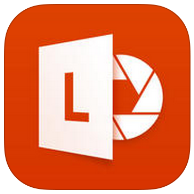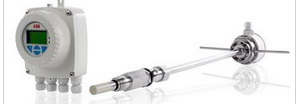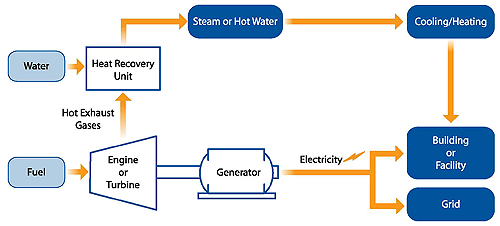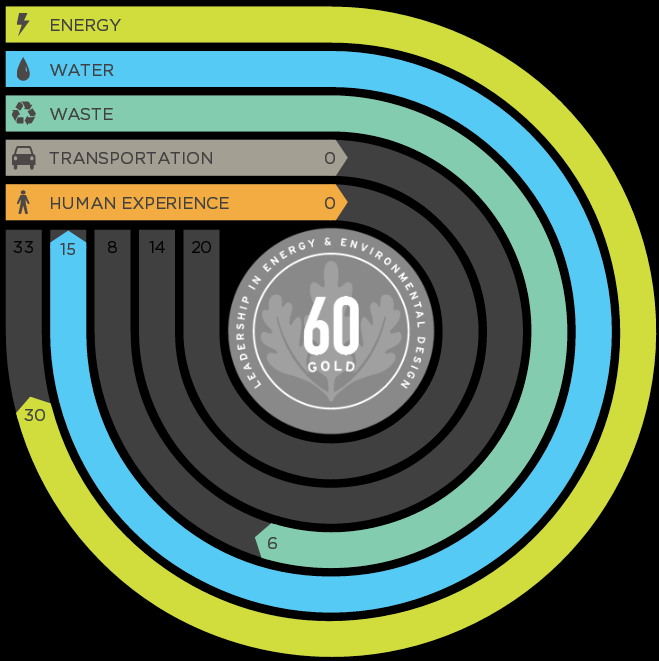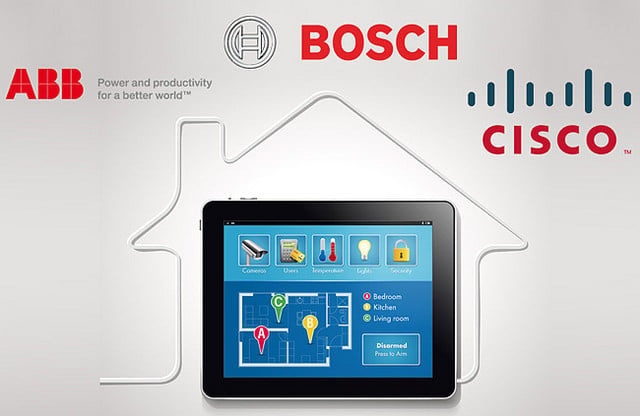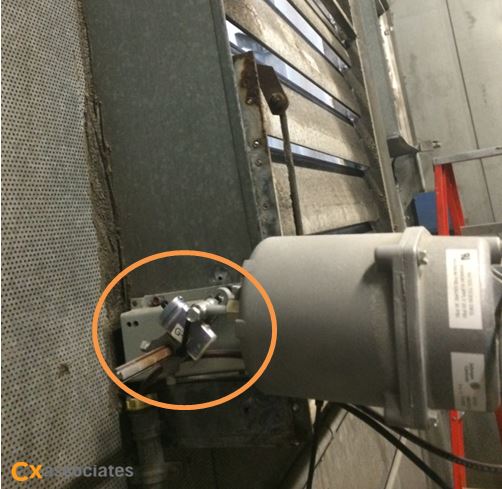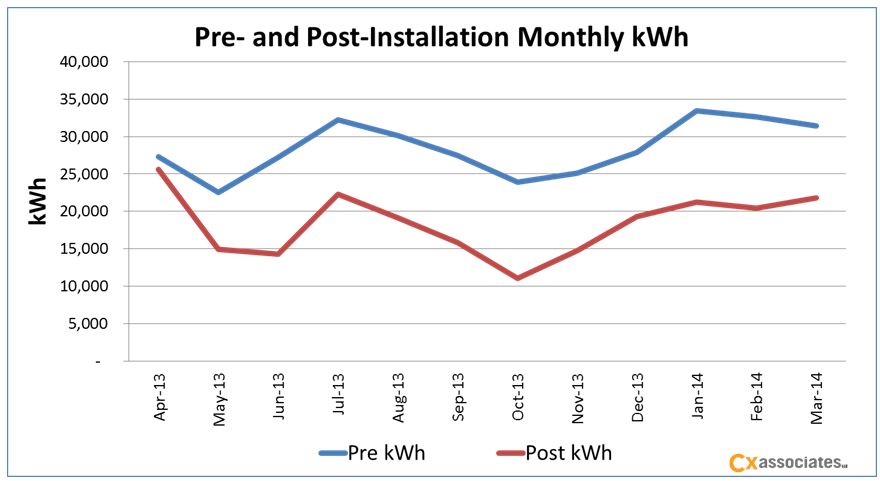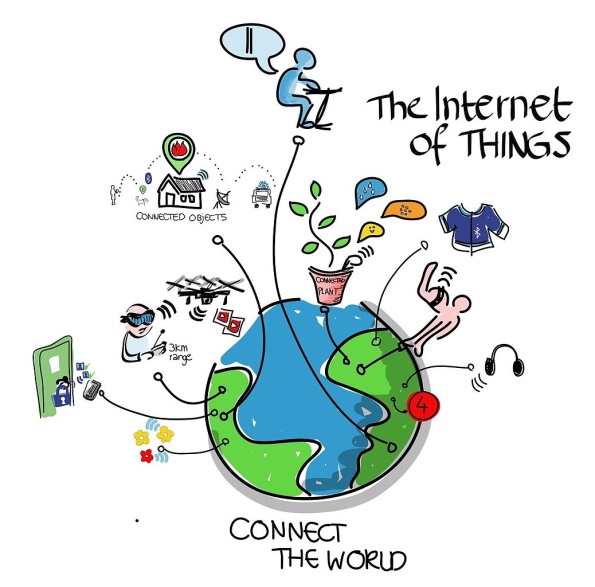Back in 2012 I polled our office to find out what mobile apps for HVAC and energy analysis our engineers were experimenting with in the field or back at the office, and summarized those results in a blog post Top Apps for HVAC and Energy Analysis. I also wrote an update to that post in 2013. As you’re undoubtedly aware, things change quickly in the tech sector—and the app marketplace for engineers and commissioning folks is no exception. Given that it’s been two years since I last dug into this topic, I figured it’s time to see what’s new. As with the last posts, I have two caveats before we begin: first, while these apps can be very useful, we still don’t use them for critical analysis, but more as a very powerful back-of-the-envelope equivalent. Critical analysis still happens desk-side for us. Second is that we are an office with a mix of smartphone platforms—a little more than 50% use Apple’s iOS with the balance using Android. We also have a couple of iPads for field use. For simplicity in writing this, I’ve focused on iOS apps—but for most of these, Android versions are also available in the Google Play store.
7 min read
Top Apps for HVAC and Energy Analysis: 2015 Update
By Ben Fowler on Jun 24, 2015 6:00:00 AM
Topics: Building Cx & Design Review Building Performance & Technology Evaluation Measurement & Verification (EM&
4 min read
Understanding Flow Meters: What You Need to Know
By Eveline Killian on Jun 10, 2015 6:00:00 AM
Commercial and industrial businesses spend a great percentage of their building costs on creating hot and cold water and pumping it around their facility. This infrastructure includes chillers, boilers, cooling towers, and pumps used for heating, cooling, process cooling, and domestic hot water. Considering how much money is spent on this portion of the business, it is not surprising that there is an increased focus on determining the correct amount of water required to meet the needs of the business. This blog post aims to explain the differences between the various flow meters currently on the market.
Topics: Building Performance & Technology Evaluation Measurement & Verification (EM&
2 min read
Right-Sizing Combined Heat and Power Systems
By Brent Weigel on Jun 3, 2015 6:00:00 AM
Combined heat and power (CHP) systems provide a great opportunity to reduce facility energy costs, to increase the productive use of fossil fuel energy, and to provide distributed generation for the electric power grid. Efficiency programs are providing incentives that make CHP systems increasingly viable and attractive for facility owners and operators. But when you make the choice to install a CHP system, you want to be well-informed of the risks to achieving the expected system performance.
Topics: Energy Efficiency Building Performance & Technology
4 min read
Using the LEED Dynamic Plaque for Building Performance Monitoring
By Katie Mason on May 6, 2015 6:00:00 AM
For both new building commissioning and existing building retrocommissioning projects, I always stress the importance of verifying that the claimed savings are realized through building performance monitoring (trending) using utility bills, sub-meter data, smart meters, or directly through a building management system (BMS). I also encourage you as a building owner to use a benchmarking tool, such as Energy Star Portfolio Manager, to monitor the overall energy usage of the building over time. While studying for my LEED Green Associate (GA) exam, I came across a new performance monitoring system released last year by USGBC called the LEED Dynamic Plaque. My aim in this blog post is to introduce the new USGBC platform and describe how it can help you to monitor your commercial building’s performance and work towards a more efficient and sustainable building.
Topics: Green Building Building Performance & Technology
3 min read
Benefits and Drawbacks of Using Wireless Temperature Sensors
By Ben Fowler on Apr 29, 2015 6:00:00 AM
A handful of years ago we worked with a local organization to help upgrade a portion of their building’s legacy pneumatic building controls to a modern building management system (BMS). We performed the project work in a partnership with a local controls contractor as well as with the building owner’s local energy efficiency utility (that provided financial support because the work also provided the opportunity to save a large chunk of electrical and gas energy). The project was overall a big success—saving 20% on the owner’s annual electric bill and 10-15% on natural gas.
Topics: Building Cx & Design Review Building Performance & Technology
3 min read
The Promise of an Open Platform for Building Controls
By Brent Weigel on Apr 8, 2015 6:00:00 AM
I'm seeing the promise of an open platform for building controls. It was encouraging to read recently that ABB, Bosch, and Cisco are starting a joint venture to develop an open platform for smart home devices. The intent of the open platform is to “enable . . . simple exchange of data between different manufacturer’s devices”, and to “provide a range of services related to household devices, in areas such as energy management, security technology, and entertainment.” The residential market is step one.
Topics: Energy Efficiency Building Performance & Technology
4 min read
How to Get the Most from Your Building Using Energy Metering
By Katie Mason on Mar 11, 2015 6:00:00 AM
Today there are a multitude of energy metering devices, (or data loggers), available to enable the analysis of building systems functionality. There are many different types of data loggers, each with a different purpose. To get the most from your building using energy metering, you need to narrow your options with your overall goals in mind. Before we install meters on a system, whether it’s an electrical system, HVAC system, or domestic hot water system, we first determine what type of data we need and what the data will be used for. With this information, we put together a metering plan that will produce the data necessary for the analysis. For this blog post, I am going to provide two specific examples of systems/equipment we metered, including why we were performing the metering, how we did it (what types of meters), and what the findings were. Both of these examples showed the equipment being metered was not working as intended.
Topics: Building Performance & Technology Evaluation Measurement & Verification (EM&
5 min read
How to Retrocommission Fan Systems for Sweet ROI
By Matt Napolitan on Mar 4, 2015 5:00:00 AM
A good retrocommissioning (RCx) project will result in at least one of the following:
Topics: Building Cx & Design Review Building Performance & Technology
2 min read
Big Energy Savings from Small Building Retrocommissioning
By Eveline Killian on Feb 11, 2015 5:00:00 AM
Part of a marketing stumbling block in our commissioning field is the lack of quantifiable benefits to our work. People understand commissioning will enable their systems to work more smoothly, generating less maintenance issues and longer equipment life. People understand that commissioning will benefit their building with more comfort for their tenants and finer temperature and humidity control for their processes. But quantifying any energy reduction attributed to commissioning is usually not in the project’s budget and is all too often forgotten when everyone moves on to new projects.
Topics: Building Cx & Design Review Energy Efficiency Building Performance & Technology
4 min read
Building Systems, the Internet of Things and Security
By Rick Stehmeyer on Feb 4, 2015 5:00:00 AM
Modern web-accessibility of building control systems is both a blessing and a curse. It is a blessing if you’re the facilities manager and you live an hour away from the building you’re responsible for and there is a problem in the middle of the night. Simply fire up the ole home computer, connect to your building, issue a few overrides, clear an alarm, go back to sleep and deal with it in the morning. So what’s the downside?

